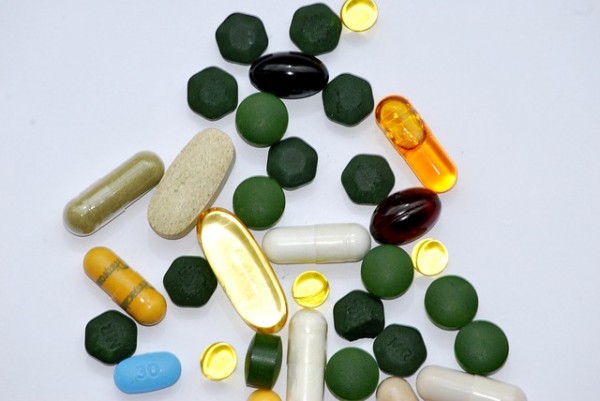Indian Drug Companies Receive FDA Scorn

The products of three major Indian drug companies are now on a growing list of imported drugs that are banned from the U.S. market, according to new reports.
Sun Pharmaceutical Industries Ltd is the latest Indian drug company banned from exporting their product to the United States due to failing to meet U.S. federal regulation standards. Only last month two other companies, Ranbaxy Laboratories Ltd and Workhardt Limited Ltd were banned from further sale in the U.S. drug market after allegedly failing to meet DFA production standards multiple times over, with the Ranbaxy organization having to pay a $500 million fine after not addressing safety requirement violations in production factories that had been cited by regulators multiple times previously.
It appears Sun Pharmaceutical Industries may have forced the FDA's hand after a similar transgression. Back in 2012, the drug company voluntarily recalled nimodipine capsules due to a unusual crystallization of their liquid fill. According to the FDA, this crystallization appeared to have no adverse effects, but did indicate a flaw in the production process federal regulators asked to be addressed. A similar occruance happened with Ranbaxy Laboratories, and it was a failure to correct a reoccurance of the issue that put the company on the FDA's bad side.
The Indian drug trade is a $14 billion industry, and is behind approximately 40 percent of the U.S. imported generic drug trade, only second to Canada. Generic drugs account fo 85 percent of medicines prescribes in the U.S. overall.
Still, with an increasing number of bans and transgressions against FDA regulation, practitioners are beginning to lose their faith in the quality of India's products. According to Reuters, many physicians are trying to be more vigilant about what kinds of drugs they prescribe their patients, advising patients to steer clear of certain generic brands.
The Secretary General of the Indian Pharmaceutical Alliance, D.G. Shah, argues that the quality of Indian drugs is just as good as American products, and is being unfairly persecuted, with trust in all Indian products taking a serious hit after the transgressions of a handful of producers.
While this may be true, the World Health Organization has previously reported that about 12 percent of Indian drugs -- even those corporately produced and regulated by India's Drug Controller General -- are considered unauthentic by international standards.
The FDA has previously reported that it is working closely with Indian drug companies like Workhardt and Ranbaxy to get them up to speed with acceptable safety standards. These companies hope to obtain new permissions to export safe and effective products to the U.S. as soon as possible.
Mar 18, 2014 01:25 PM EDT





